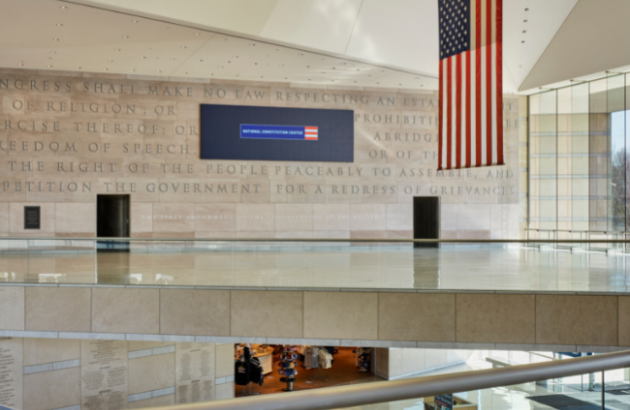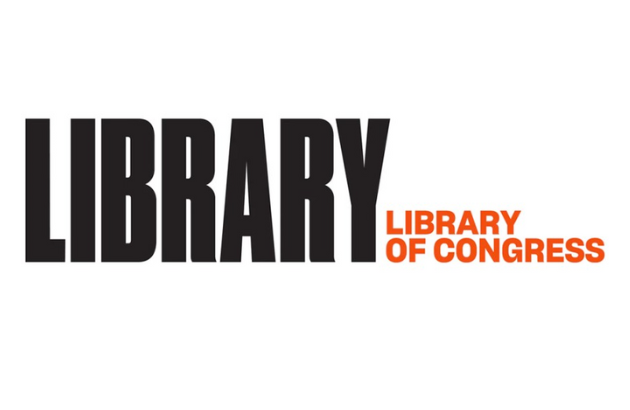Blog
Happy 800th Birthday to the Magna Carta!
This month marks the 800th anniversary of the sealing of the Magna Carta. Originally intended as a peace treaty between King John and English barons to safeguard the rights of wealthy landowners, today this document is recognized as a cornerstone of democracy.
After being defeated by King Philip II, King John returned to England and demanded payment from barons who refused to fight in the battle for French lands. The barons rebelled and confronted the King, demanding justice, protection from false imprisonment, and limitations on fundraising. Eventually King John acquiesced, and on June 15, 1215 at Runnymeade they met and sealed the Articles of the Barons granting certain rights to freemen. After minor revisions, this was formally issued as the Magna Carta on June 19, 1215.
The Magna Carta stipulated rights to freemen, not laborers. It was primarily intended to force King John to recognize powerful families in the feudal system, limit taxes, reassert due process and habeas corpus, and to formally acknowledge that no man, not even the King, is above the law of the land. Months after it was sealed, the Magna Carta was annulled by Pope Innocent III. This sparked a civil war until King John died the following year. His successor to the throne, nine-year-old Henry III, issued revised versions of the Magna Carta in 1216, 1217, and 1225, and it was entered into English law in 1297.
Although most of the original 63 clauses of the Magna Carta were later repealed or superseded by English laws, it remains a symbol of democracy, individual liberties, and defense against tyrannical rulers. Clauses in the Magna Carta inspired the English Petition of Right (1628), the Habeas Corpus Act (1679), the English Bill of Rights (1689), and the Universal Declaration of Human Rights (1948). America’s Founding Fathers incorporated liberties from the Magna Carta when drafting the Declaration of Independence (1776) and the U.S. Constitution (drafted in 1787), and its principles are reflected in the Bill of Rights (adopted in 1791). The British Library provides an Introduction, which includes a video narrated by Monty Python’s Terry Jones, and a brief discussion of the Magna Carta and Human Rights. The National Archives also describes the Magna Carta and Its American Legacy.
For a more comprehensive overview of its history and influence on various current issues, check out the library copy of the ABA’s recent publication Magna Carta and the Rule of Law. Jenkins also has a number of Magna Carta titles in the General Collection, Historic, and Rare Books areas of the library. Electronic materials are available through HeinOnline’s Legal Classics Library and other Member Databases. Jenkins also houses certain materials for the Magna Carta Research Foundation, some of which are compiled in the book Magna Carta in America edited by David Stivison. For more information on any of these resources, contact our Reference Librarians at 215.574.1505, research@jenkinslaw.org, or chat with us.
The 800th anniversary of the sealing of the Magna Carta will be commemorated with a number of celebrations. MagnaCarta800th.com provides news, historical information, and a list of events planned across Great Britain in 2015.
In the U.S., the Library of Congress hosted Magna Carta: Muse and Mentor, a 10-week exhibition of the 1215 Lincoln Cathedral Magna Carta and related materials in Washington D.C. The Lincoln Cathedral Magna Carta was first exhibited in America 75 years ago at the New York World’s Fair in 1939, and was then held for safekeeping at the Library of Congress in Washington D.C. for several years during World War II.
The Magna Carta: Muse and Mentor exhibit has ended, but the American Bar Association collaborated with the Law Library of Congress on the traveling exhibit Magna Carta: Enduring Legacy, 1215-2015. Materials were curated and provided by the Law Library of Congress to complement the on-site exhibition and further explore the history and legacy of the Magna Carta. The traveling exhibit began at the 2014 ABA Annual Meeting in Boston and has tour dates through February 2016. Its appearance in Philadelphia coincided with Law Day, and the ABA’s annual theme for Law Day was Magna Carta: Symbol of Freedom Under Law. If you missed the exhibit in Philadelphia, there is still time to see it elsewhere. Magna Carta: Enduring Legacy, 1215-2015 will be in England on the 800th anniversary, before continuing its tour through the United States.



